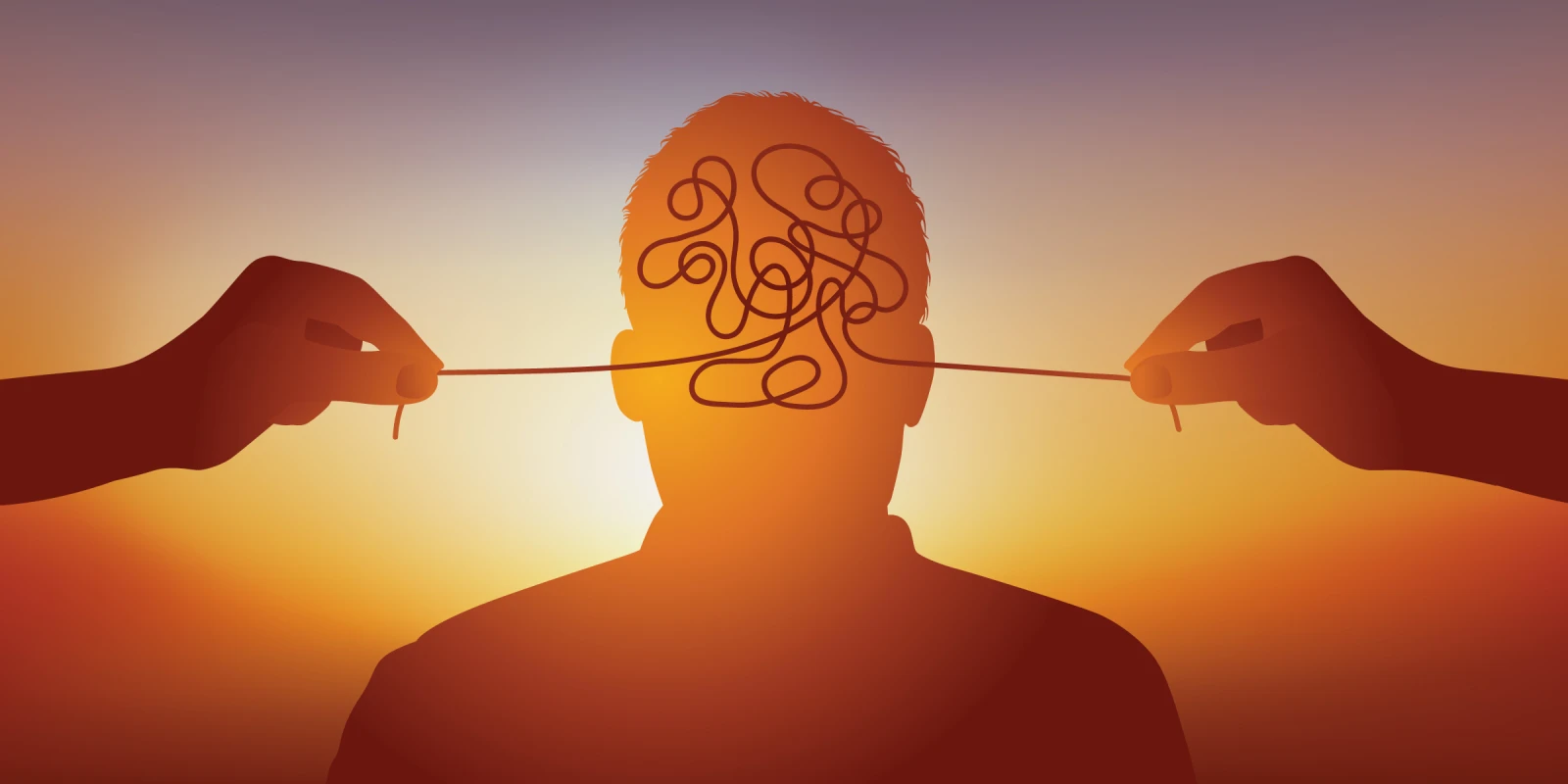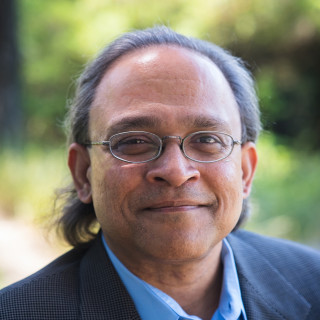Adapted from a talk at the 2023 APA Annual Meeting in San Francisco
In April 2007, at age 39, I was in Bodhgaya, India, the site of the Buddha’s enlightenment. I was on Buddhist pilgrimage, but I encountered a lot of young Indian boys and men out on the streets. Tourists were their favorite form of entertainment. This was an era before smartphones. I had to have some street smarts to get around.
An unbounded young man on a motorcycle with a bandanna, straight out of a Bollywood poster, entreated me to climb on board behind him for a spin. “Hello friend, where are you from? Let me give you a ride.” He was insulted by my caution, saying, “you just need the right guru, man. Know your mind, and you’ll know who’s good and bad.” I said he may be good, but I don’t get on motorbikes with strangers. He wanted to take me on a spin, take power for a day, maybe make me his slave for a moment. I didn’t want to be spun, guru or no.
Can you imagine a guru who says, “Trust me, and I’ll tell you who’s good and bad,” as if goodness and badness exist in person-sized particles, or worse, in particles the size of demographic groups and factions? Or a guru who says, “Follow me, and we will be righteous, rich, powerful, famous, or all of the above!” It doesn’t take much imagination. These gurus and leaders are all around. My modern social media saying is, “Don’t trust anyone over 30,000 followers.” How, then, do you trust a nation? How do you create trust in a nation, or the global community of nations?
Megalomania is the drive to dominate and control others to attain power and achieve one’s own desired outcomes. The megalomanic maximizes their own perceived agency and deprives others of their agency. I’ve outlined stages of megalomania based on historical examples, which start with a belief in one’s superiority and a resentment about not getting one’s due and progress towards domination, manipulation, and “winning” in the Machiavellian mold. It’s not a term in the DSM-V, but it is related to narcissism, and the borders are perhaps unclear. Splitting is probably the most damaging psychological tool in their arsenal. Authoritarians are noted to use splitting to amplify ethnocentrism and bias against sexual minorities. This is how they fortify their base in the majority culture.
We are all prone to social comparison. Megalomaniacs code themselves as superior and others as inferior, threats, or tools for their wiles, called the social dominance orientation. Ideally, we can view ourselves and others as sharing common humanity and thus reliant on each other for well-being. We can pay particular care for those more vulnerable than we are and those not outwardly like ourselves. I call this the “relational-cultural-contextual orientation,” as it is highly nuanced, compassionate, and humanitarian, unlike the Etch A Sketch renderings of the megalomaniac.
I think most of us have personally had a megalomaniac in our lives. And we are all invested in domineering systems and factions which maximize an elite at the expense of the vast majority, particularly ethnic minorities, outgroups, and those living below the poverty line. Our society has subordinated humility, compassion, and relationship to societal goals of wealth and power.
I would suggest that American society is alarmingly megalomaniac, and this has created a great chasm of care, belonging, and equity and a crisis of conscience which is now playing out in our body politic. This began with Christopher Columbus’ view of indigenous peoples. They waded out to his boats bearing flowers and fruit; he viewed them as an inferior people who would make “good slaves.”
The would-be-despots in our midst make invisible sociopathy, a crypto-sociopathy, visible. We buy into a blockchain of subtle oppression unless we actively resist.
Princeton sociologist Matthew Desmond points out in his new book "Poverty, by America," that Americans do more to subsidize affluence than alleviate poverty. He points out that "affluent Americans benefit from government policies and corporate practices that keep poor people poor.” I would say, “policies and practices that keep poor people poor and sick.”
We could spell out how this disproportionately impacts people of color and those not in the dominant culture. There is a subtle megalomaniac force, a drive for dominance, that we are openly grappling with. We can think about how this erodes mental health, safety, and belonging. What do we do as people of conscience in a world that consciously and unconsciously promotes cruelty? What do we do in a world that passively commits us to cruelty unless we actively commit to compassion?
Megalomaniacs don’t typically present for therapy, but the people they affect do. As psychiatrists, we must offer them insight and compassion. What agency, insight, compassion, and checks and balances can we, as psychiatrists, offer to a society with megalomaniac tendencies and possibilities? What insights do we need to hold as we cultivate our psyches?
How can we help ourselves and our patients navigate this increasingly connected and painfully fragile world? We are all susceptible to the abuse of power. Under the right circumstances, we can all be gulled into getting on the motorcycle for someone else’s power trip. In fact, we are all passengers on a motorcycle that is not aimed at our greater good. We have been gulled, and we must wake up and wrest back control.
Dr. Chandra has no conflicts of interest to report.
Are you interested in writing about your experience attending a medical conference this year? Respond here.
Image by Pict Rider / Getty Images





